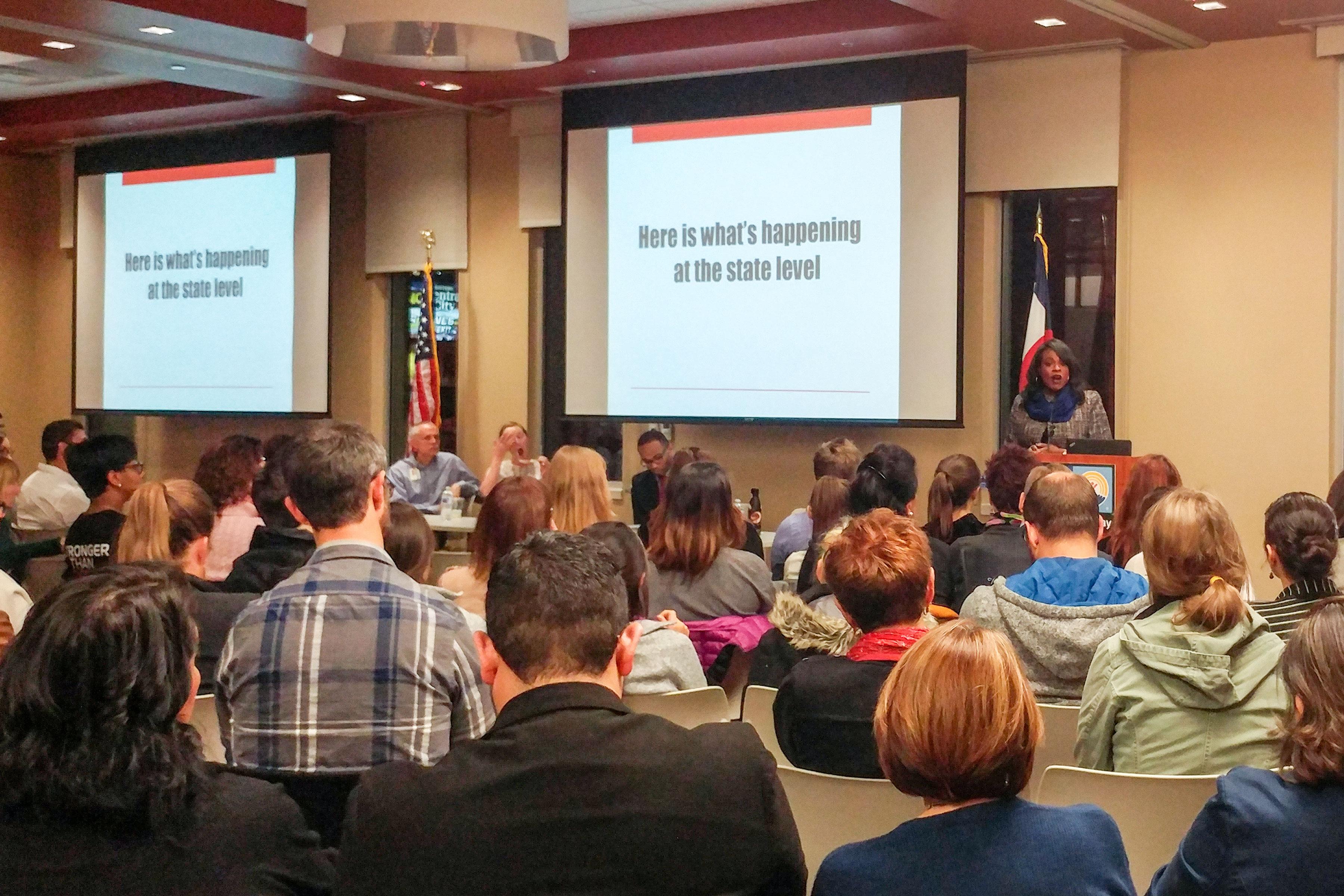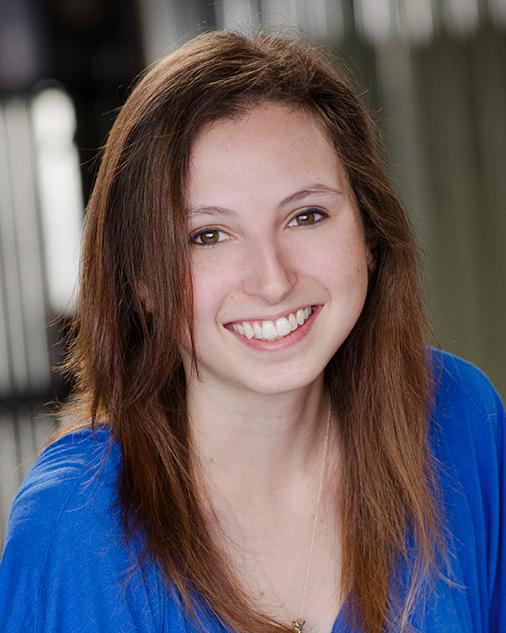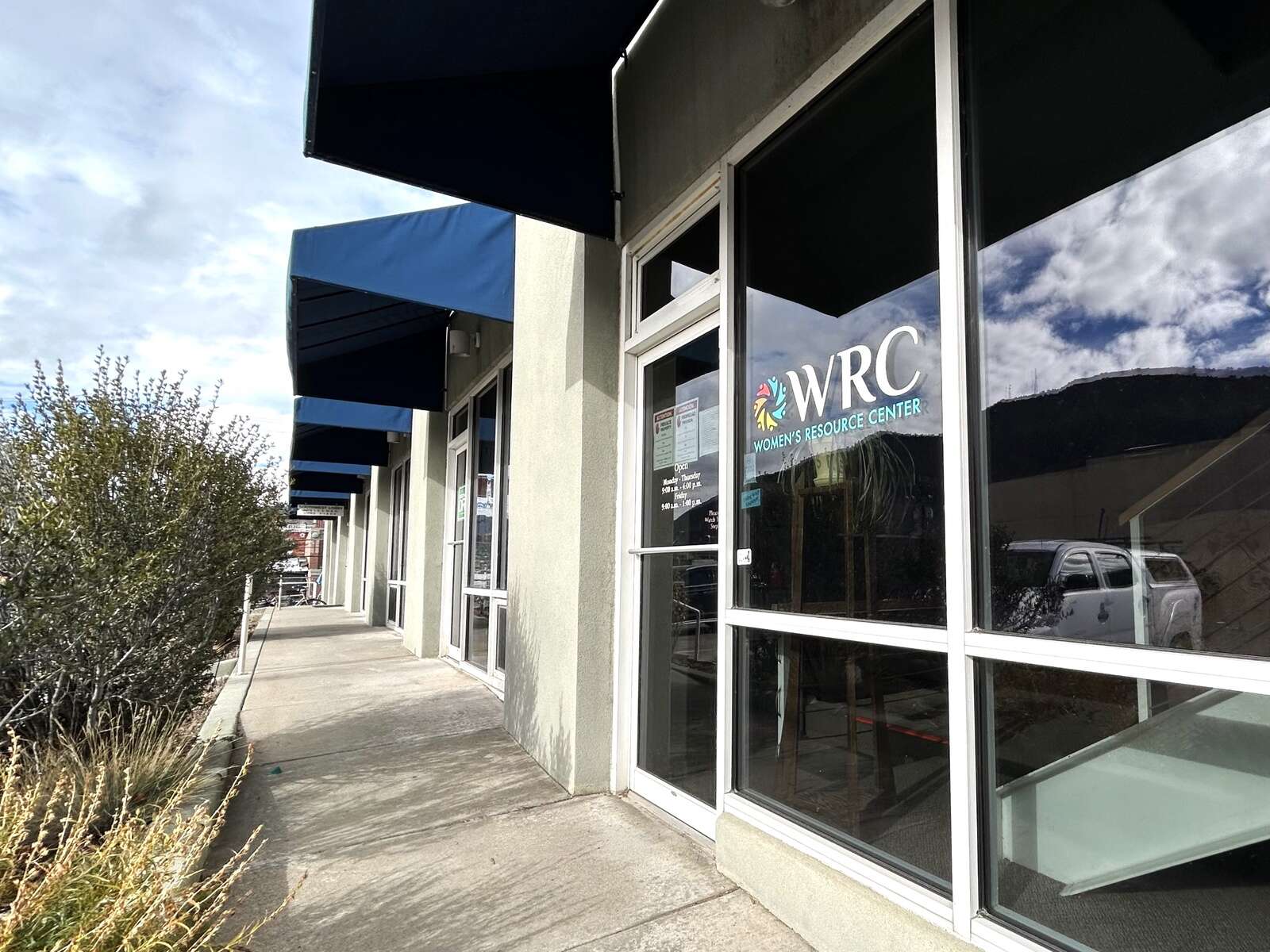

Denver is getting closer to being the first city in the country with a safe-injection facility for drug users. Officials held a meeting Thursday night where the public could provide feedback.
The proposed safe-injection facility would allow safe and legal use. It’s one part of a six bill package to combat the growing opioid crisis in Colorado. The safe-injection idea was met with positive reactions from the crowd.
At the meeting, City Council President Albus Brooks and State Rep. Leslie Herod focused heavily on reducing the stigma around drug use. Herod pointed out that there was already a place in Denver similar to a safe-injection facility, unofficially that is. It’s the Denver Public Library, where staff are trained to handle overdoses since it happens so often. Rep. Herod said this needs to change.
“I do not like the fact that the library is ground zero for addiction and treatment,” she said as the crowd erupted in applause.
If a safe-injection site was approved, it would be located inside Denver’s established Harm Reduction Action Center, where users can currently get clean needles. The center’s program director Kat Humphries said in earlier meetings, some concerns were raised by potential neighbors, which resulted in them adding more information about the safe injection facility to their presentation.
“We wanted to address all of the community concerns which largely center around community safety,” Humphries said. “We have a lot of data that shows that this does not make our communities unsafe.”

Some feel the safe-injection site might not be enough to fix the state’s opioid crisis. Ariel Britt, who’s been in recovery for six years, thinks lawmakers should also be focusing on long-term solutions for getting people clean.
“Harm reduction does so much to reduce the stigma of it, that’s very important,” Britt said. “But until we provide access to the things longer along the continuum such as treatment and recovery support services, it won’t do anything.”
A bill to allow the safe injection pilot program will be introduced on the first day of the legislative session in January, according to Rep. Leslie Herod.









